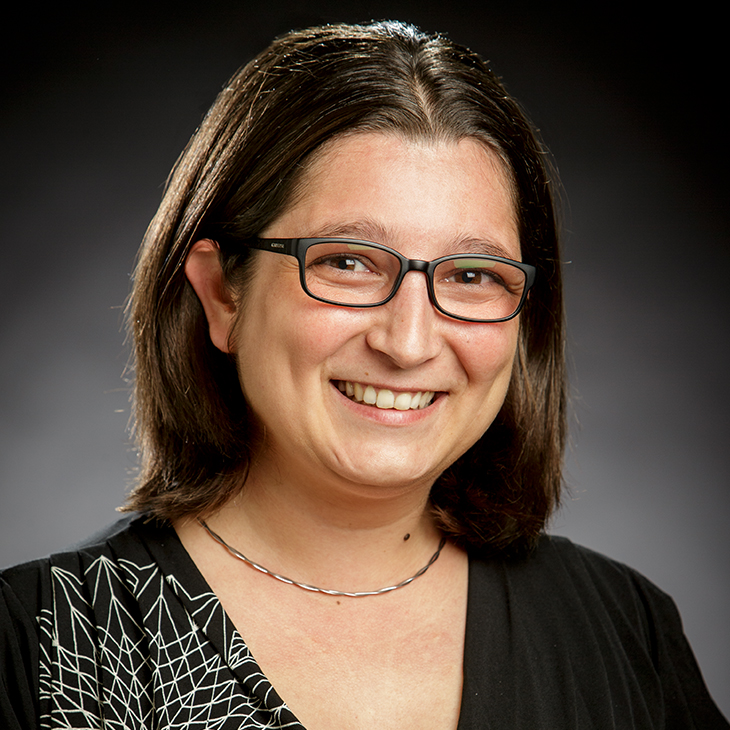
OCAST funds smart skin research project
Wednesday, September 30, 2020
The Oklahoma Center for the Advancement of Science and Technology (OCAST) has approved Dr. Aurelie Azoug, a Mechanical and Aerospace Engineering Assistant Professor in the College of Engineering, Architecture and Technology is researching a smart skin to treat and prevent pressure ulcers.
Pressure ulcers, commonly called bedsores, are injuries to the skin and underlying tissues, primarily caused by prolonged pressure on the skin, according to the National Health Service. Azoug hopes to decrease the occurrence of pressure ulcers and the cost of treating them. “The number of people dealing with pressure ulcers is tremendous, 2.5 million patients per year in the U.S.,” according to Azoug. “They are so expensive to treat and annually cost 11 billion dollars to society.” Pressure ulcers affect immobilized patients, commonly older adults, but also amputees and military personnel.
Azoug’s research will involve looking at the effects of pressure with and without the use of a smart skin on contact areas such as the feet. The smart skin being tested is a new material that would help solve a longstanding medical issue. “The smart skin is just a small bit of polymer, namely a liquid crystal elastomer, that has special properties,” Azoug said. “It would go in between the skin and a bed mattress, to limit the pressure applied to the skin.” The smart skin will also adapt to the position of the person on the mattress.
Patients who have pressure ulcers are required to change positions approximately every two hours, which requires a lot of staff and time. Pressure ulcers can form after only four to six hours, and develop on bony areas of the body such as the hips and elbows. The smart skin will help limit the pressure, make the condition more manageable, and increase the quality of life of the patients.
Azoug's Research has been funded by OCAST for the next three years and will total approximately $131,000. This funding will not only help the researchers buy equipment but will also allow graduate students to work on the project and collect data. OCAST funding helps researchers gather data that often attracts much larger federal grants and result in groundbreaking research.
Out of 130 applications for funding, only 29 were awarded funds. Funding ranges from $20,000 to $45,000 annually for each project for the first three years. The 29 approved projects address a wide range of subjects, from ways to prevent Type 2 diabetes, reducing mortality rate in older trauma patients, and developing a smart skin treating and preventing pressure ulcers.
Azoug hopes the OCAST funding will allow her team to further develop the smart skin technology that will have a positive impact on a growing international issue.
MEDIA CONTACT: Kaitlyn Mires | CEAT Marketing | kamires@ostatemail.okstate.edu
